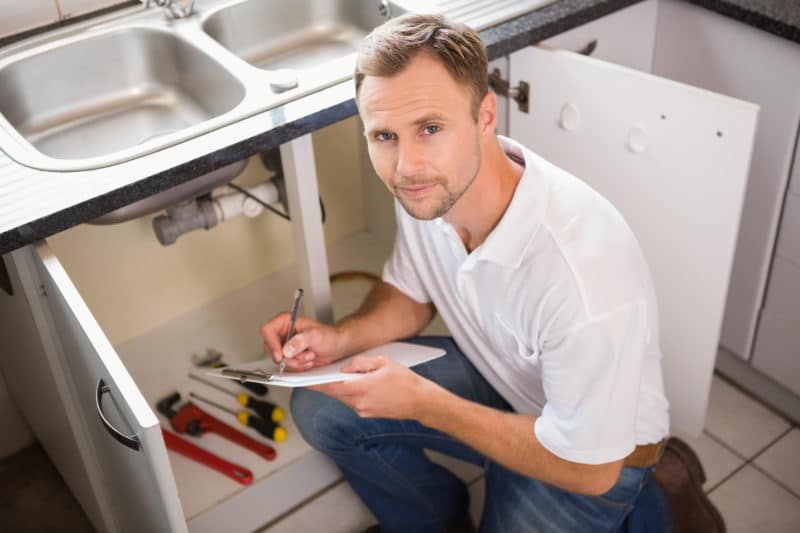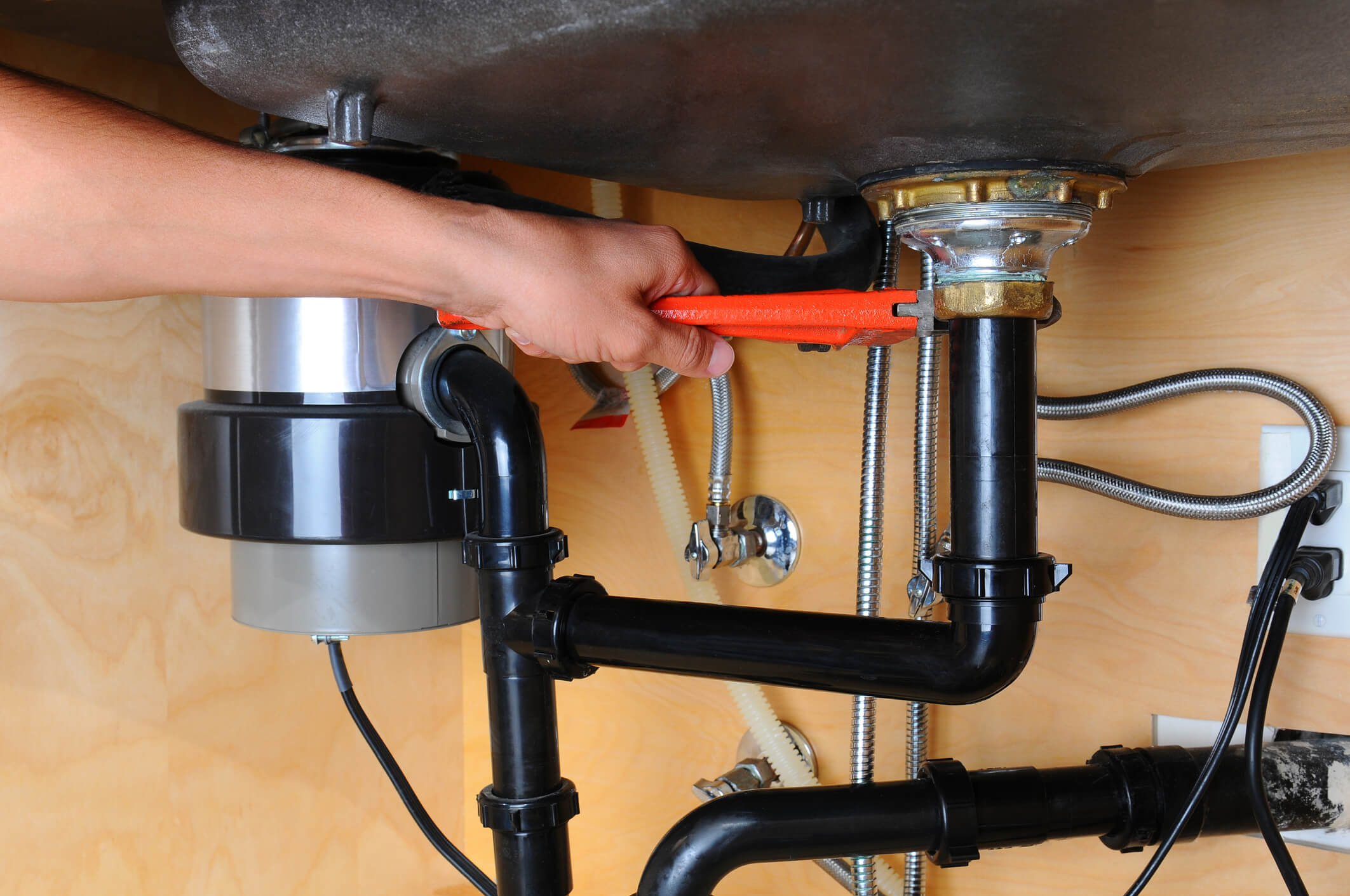Learn To Avoid Six Habits Destroying The Plumbing Systems
Learn To Avoid Six Habits Destroying The Plumbing Systems
Blog Article
The article listed below involving Ways to Make Your Pipes Last Longer is especially compelling. Give it a go and make your own personal findings.

The secret to durable home appliances, unsurprisingly, appertains maintenance. There's no set rule that can ensure your plumbing home appliances a long wear, however you can prevent unnecessary damages as well as fixings by preventing negative plumbing behaviors.
You should stop doing these 6 things else you'll keep calling your plumber over for minor faults.
Flushing everything
Yes, your toilet drain results in the sewage systems, however that does not imply you should discard just anything down the drain. Numerous 'flushable' materials are actually great clog starters, for instance dental floss. Asides maintaining evident non-flushable materials like wires as well as plastics out of your commode, you must additionally prevent flushing cotton buds, menstrual items, wipes, daipers and condoms down the toilet drain.
DIYing whatever
With plumbing, a stitch in time truly does save nine. You can stop a fullblown plumbing emergency by calling your plumber at the right time.
You might have learnt a couple of plumbing hacks from your father, yet you should know where to draw the line and also call an expert. As an example, you might have the ability to fix a clog yourself, but you shouldn't try to transform a pipe. You could mismatch pipes or overtighten a screw, creating more injury as well as damage than you believed. Calling a plumber is a safe and also economical choice.
Utilizing too much drainpipe cleaner
Using a drain cleaner more than once or twice a month is an indicator that something severe is going on within your pipelines. Now, rather than encountering the major issue, you go with a quick fix; a carbonated drain cleaner. Rightfully, a drainpipe cleaner will deal with the blockage, however at what price?
The chemicals in a drain cleanser can hasten the rust of your pipes. Add that to whatever underlying trouble is causing the clog and also you may have to a serious problem on your hands.
If you experience a lot of clogs, call your emergency plumber instead of using a drain cleaner.
Pouring oil in the sink
We know correctly disposing of grease after a hearty meal is a discomfort. Yet just pouring it down the tubes can do long-term injury to your pipes. "The fat and also grease can clog your drainpipe terribly adequate to force you to call a plumber," explains Dawson. "Plumbing works best when it's well taken care of-- not abused with grease."
Not transforming your dishwasher hose pipes
One very easy way to make sure that you utilize your dishwasher for several years is to replace the tube at least when in 5 years. This also applies for washing maker tubes.
Over time, food bits, soap as well as oil can develop blockages within your pipelines. Replacing them on schedule will avoid any type of presure accumulate that can damage the inner workings of your dishwashing machine or washing maker.
An enhanced steel entwined pipe does a great work of prolonging your maker's usage time.
No winter season preventative measures
Extreme weather conditions misbehave for your pipes, especially if they're constructed from steel. You must protect your exposed pipelines, and also your water tank, even if you have a hot water heater. You must likewise switch off your garden hose pipe valve and any other external water networks. These networks are electrical outlets for cool; you pipes can start to ice up from outdoors if you do not.
Prevent Water Damage from Plumbing and Appliances
Prevent toilet failure
Be patient after you flush and wait for the valve to completely finish refilling the tank and bowl. If an overflow looks imminent, lift off the tank cover and lift the float to shut off water flow to the tank, and then turn off the supply valve.
Twice a year, inspect a toilet’s components, such as the fill, supply, and flush valves, and the supply line. Make sure you can turn off the supply. If you have older screw type valves that are hard to turn or start leaking, consider replacing them with simpler ball valves that are easy to shut off quickly.
Inspect and maintain your water heater
Inspect your anode rod every two years, or every year once the warranty has expired, to determine if it needs to be replaced.
Flush water heater tanks every six months to remove sediment by attaching a garden hose to the valve at the base. For safety, first turn off the power and run hot water until it is cool.
Get an annual inspection from a plumbing professional including the shut-off valve and all piping. Signs of broken valves and loose or wet joints and rust are a sign that more severe damage is coming.
Maintain washing machine supply lines
Look for signs the supply hose may be ready to fail—blisters in the hose, worn tubing, stress cracks, or a loose connection.
Replace the supply hose with a reinforced steel braided hose if it shows any sign of wear.
Tighten the connection if it feels loose. The most common site of failure is near the connection where the hose bends.
Replace supply hoses every five years, even if there is no obvious deterioration or wear. Some signs of deterioration may occur from the inside out and may not be visible until it is too late. When replacing washing machine supply hoses, always choose a reinforced steel braided hose over the traditional un-reinforced rubber hose. These hoses will last longer and are far less likely to result in a catastrophic water loss.
Prevent plumbing failure
Never pour grease down the drain.
Plant trees away from lateral drain lines to prevent roots from damaging piping.
If your home’s sewer system is connected to the city’s sewer system—a particular problem for older homes—or if you are located downhill or below street level, contact a plumbing professional to install a backflow prevention assembly into your sewer system.
Call a professional if you notice signs of a plumbing problem—an increased monthly water bill, banging pipes, rust stains, moisture in the walls or on the floor, and signs of wet soil erosion near the foundation.
https://disastersafety.org/maintenance/prevent-water-damage-from-plumbing-and-appliances/

I'm very drawn to Don’t Let an Earthquake Damage Your Plumbing and I am hoping you enjoyed the new post. Liked our post? Please share it. Let other people discover it. We treasure reading our article about Can Hard Water Ruin Your Appliances?.
Browse Our Site Report this page